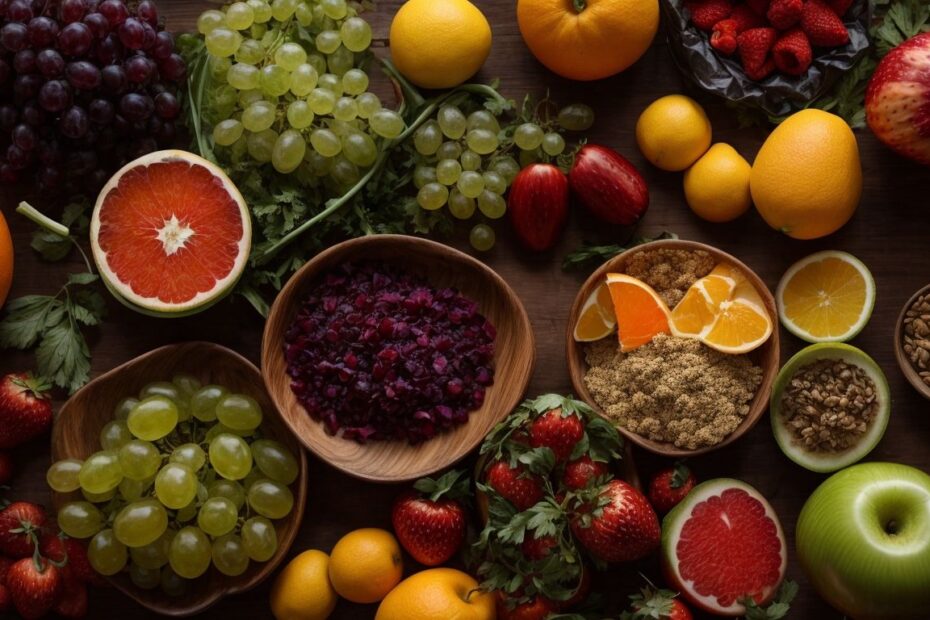Are you looking to improve your gut health and overall well-being? Probiotics are the key to a healthy gut, and incorporating probiotic-rich foods into your diet is a great way to support your digestive system. In this article, we’ll explore the benefits of probiotics, why they are essential for gut health, and introduce you to the top 10 probiotic foods that you can easily incorporate into your daily meals.
Whether you’re a fan of yogurt, kimchi, or kombucha, we’ve got you covered with a variety of delicious options to help you maintain a balanced and thriving gut microbiome. Stick around as we delve into the world of probiotics and discover how these foods can positively impact your health.
Key Takeaways:
- Probiotics are live microorganisms that provide numerous health benefits, especially for gut health.
- Including probiotic foods in your diet can help maintain a healthy balance of bacteria in your gut, promoting better digestion and overall well-being.
- Some of the top probiotic foods to incorporate into your diet include yogurt, kefir, sauerkraut, tempeh, and natto.
Examples of Probiotic Foods
Probiotic foods play a crucial role in promoting better gut health and overall well-being. Incorporating a variety of fermented foods, such as kefir, yogurt, sauerkraut, kimchi, kombucha, tempeh, miso, natto, and buttermilk can positively impact the gut microbiome and support the immune system and digestive health.
These probiotic foods are rich in live beneficial bacteria and yeasts, which can aid in maintaining the balance of gut flora and help in the digestion of food.
Kefir, a fermented milk drink, not only provides a rich source of calcium but also contains multiple strains of bacteria and yeasts, potentially contributing to a diverse and healthy gut microbiome. Similarly, yogurt, particularly those containing live cultures, can also be beneficial due to its high protein and probiotic content.
What are probiotics?
Probiotics are live microorganisms, primarily containing probiotic bacteria like Lactobacillus, that provide numerous health benefits when consumed.
These beneficial bacteria can be found in a variety of foods, including yogurt, kefir, sauerkraut, and kimchi, as well as in dietary supplements. When ingested, they help to maintain a balanced gut microbiome by promoting the growth of beneficial bacteria and inhibiting the colonization of harmful pathogens.
Probiotics play a vital role in strengthening the immune system, reducing inflammation, and aiding in the digestion and absorption of nutrients. The presence of these friendly bacteria in the gut contributes to overall gut health and can alleviate symptoms of digestive issues such as diarrhea, irritable bowel syndrome, and lactose intolerance.
Why are probiotics good for gut health?
Probiotics are beneficial for gut health due to their ability to introduce beneficial bacteria, such as live cultures found in probiotic yogurt, apple cider vinegar, and sourdough, into the digestive system. These sources of probiotics contribute to the population of beneficial bacteria in the gut, promoting a healthy and balanced gut microbiome.
Live cultures in probiotic foods aid in restoring the natural balance of bacteria in the gut, which might be disrupted by factors such as antibiotic use or poor dietary habits. The consumption of these probiotic-rich foods can stimulate the growth and activity of beneficial microorganisms in the gut, enhancing digestion and even supporting the immune system.
The impact of probiotics on gut health is not limited to yogurts and fermented foods; probiotic supplements, kefir, kimchi, and kombucha are also rich sources that facilitate the growth of friendly gut bacteria.
Top 10 Probiotic Foods
The top 10 probiotic foods offer a wide range of gut-boosting benefits and are versatile ingredients for creating gut-friendly recipes. When included in the diet, these probiotic-rich ingredients contribute to overall wellness and digestive health.
Yogurt
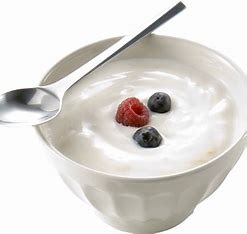
Yogurt is a well-known probiotic food that offers various benefits for gut health. As a fermented dairy product, it contains probiotic strains that contribute to digestive health and overall well-being.
Probiotics in yogurt, such as Lactobacillus acidophilus and Bifidobacterium, help maintain the balance of good bacteria in the gut, improving digestion and the absorption of nutrients. These probiotic strains also play a role in reducing gastrointestinal issues, such as bloating, diarrhea, and irritable bowel syndrome.
Yogurt can aid in boosting the immune system and protecting against harmful bacteria in the digestive tract, promoting a healthy gut microbiota.
Kefir
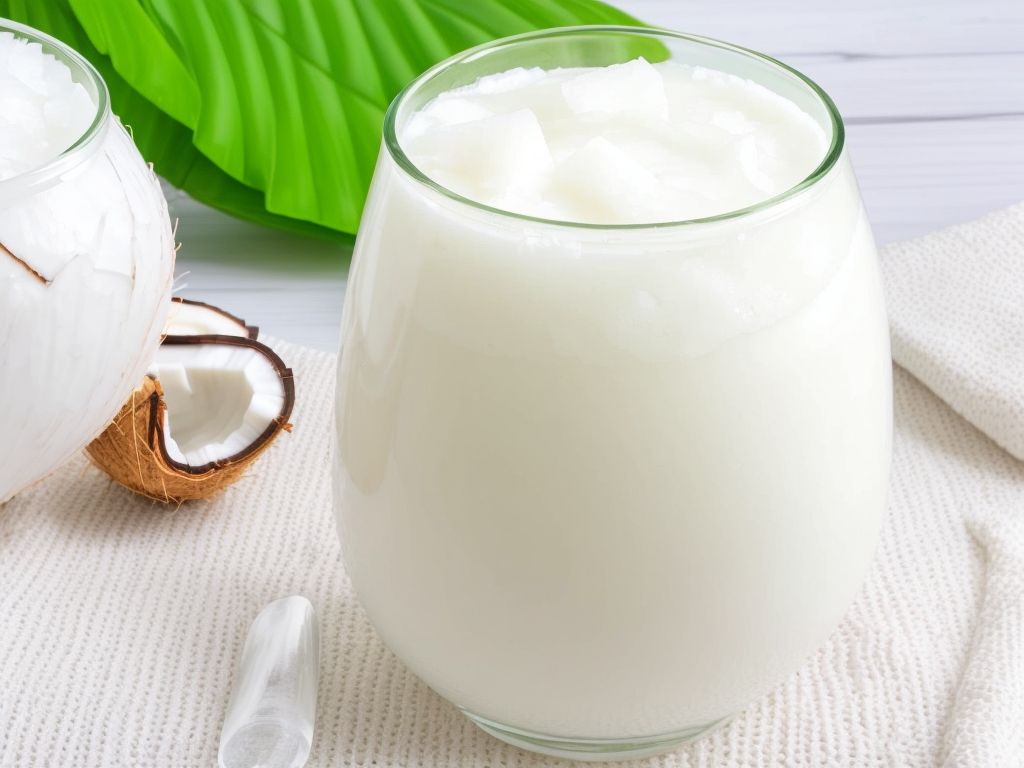
Kefir, a probiotic-rich drink, offers a myriad of health benefits due to its probiotic properties. It is often considered a natural alternative to probiotic supplements, contributing to overall wellness and digestive balance.
Kefir is packed with probiotics that promote a healthy gut by balancing the microbiome and supporting digestion. Its consumption may help alleviate the symptoms of conditions like irritable bowel syndrome and lactose intolerance.
Kefir has been linked to improved immune function and reduced inflammation, making it a valuable addition to a balanced diet.
Sauerkraut

Sauerkraut is a notable probiotic source and a popular fermented food that provides a range of gut-friendly microbes. Its incorporation into dietary choices offers diverse probiotic options for supporting gut health and overall wellness.
Rich in lactic acid bacteria, sauerkraut undergoes a natural fermentation process, which enhances its probiotic characteristics. These beneficial microorganisms aid in maintaining a balanced gut flora, supporting digestion, and bolstering the immune system.
The tangy flavor and crunchy texture of sauerkraut also make it an enjoyable addition to various dishes, providing a convenient method to incorporate probiotics into daily meals. This versatile fermented food also complements different dietary preferences, making it an accessible probiotic option for many individuals seeking to optimize their gut health.
Tempeh
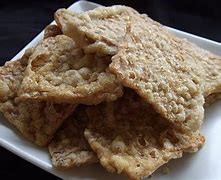
Tempeh is a valuable addition to a probiotic-rich diet, offering probiotic sources that support a healthy balance of gut bacteria. Its incorporation into dietary habits contributes to the overall well-being of the gut microbiome.
Tempeh, being a fermented soy product, contains beneficial bacteria such as Lactobacillus plantarum and Bifidobacterium bifidum that play a crucial role in promoting gut health. These probiotic strains aid in maintaining a diverse and balanced gut microbiota, which is essential for proper digestion, nutrient absorption, and overall immune function. The fermentation process involved in tempeh production enhances its digestibility and increases the bioavailability of essential nutrients, making it an excellent choice for nurturing a healthy gut environment.
Kimchi

Kimchi stands as one of the essential probiotic sources, offering a wide array of gut-boosting benefits and securing its place on the probiotic foods list. Its unique properties contribute to various aspects of gut health and overall well-being.
The fermentation process that kimchi undergoes creates a diverse community of beneficial bacteria, such as Lactobacillus, which aids in digestion and strengthens the immune system. The abundance of fiber and antioxidant-rich ingredients in kimchi supports a healthy microbiome and helps in managing weight and reducing inflammation in the body. Its natural tanginess and complex flavors also make it a delightful addition to meals, making it not only beneficial but also enjoyable for overall gut health.
Miso

Miso, known for its probiotic-rich ingredients, is considered a power food for probiotic intake. Its incorporation in culinary endeavors enhances the probiotic profile of dishes, contributing to overall wellness and gut health.
Adding a spoonful of miso to soups, marinades, dressings, and glazes not only imparts a delightful umami flavor but also introduces beneficial bacteria like Lactobacillus into the digestive system. This fermented soybean paste is also rich in beneficial enzymes and nutrients, such as copper, manganese, and vitamin K, which further support a healthy digestive tract.
Kombucha
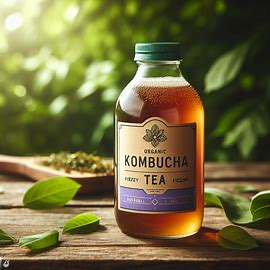
Kombucha, a popular probiotic drink, serves as a versatile fermented food for creating gut-friendly recipes. Its probiotic properties make it a beneficial addition to dietary choices, promoting gut wellness and overall health.
Kombucha is known for its ability to support a healthy gut due to the presence of beneficial bacteria and yeast resulting from the fermentation process. These probiotic properties play a crucial role in maintaining a balanced gut microbiome, which is essential for digestion, the absorption of nutrients, and overall immune function.
Many individuals incorporate kombucha into their daily routines to contribute to their gut health. The drink’s natural acidity and probiotic content can aid in maintaining the delicate balance of microorganisms in the intestines, preventing the overgrowth of harmful bacteria and promoting the growth of beneficial ones.
Pickles

Pickles offer a range of probiotic benefits and gut-boosting advantages, making them an excellent choice as a natural probiotic food. Their consumption contributes to overall gut health and enhances the body’s natural probiotic intake.
Probiotics are live bacteria and yeasts that are beneficial for digestive health. Pickles are rich in probiotics due to the fermentation process they undergo. This fermentation creates an environment where good bacteria thrive, which in turn supports a healthy gut flora.
Pickles contain essential nutrients, including vitamins and minerals, that support digestive function. The consumption of pickles can aid in maintaining a balanced gut microbiome, facilitate efficient digestive processes and enhance the body’s immunity.
Traditional buttermilk
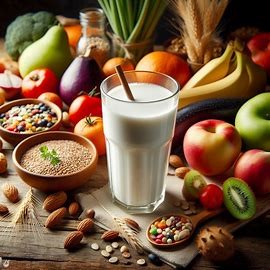
Traditional buttermilk holds a significant place in the probiotic foods list, being a fermented dairy product that offers a range of gut-friendly microbes. Its inclusion in dietary habits supports gut health and microbiome balance.
Buttermilk’s probiotic nature stems from the fermentation process, where lactic acid bacteria culture is introduced to milk, leading to the production of probiotics. These live microorganisms contribute to a healthy gut environment, aiding digestion and fostering a balanced gut flora. Regular consumption of traditional buttermilk can alleviate digestive issues and strengthen the immune system due to its rich probiotic content.
Its role in fostering a diverse and robust gut microbiota is crucial for overall well-being. Adding traditional buttermilk to a diet can significantly enhance gut health and overall wellness.
Natto
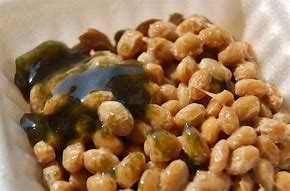
Natto, recognized as one of the essential probiotic sources, is a notable fermented food, particularly among fermented vegetables. Its unique properties contribute to the probiotic profile of dietary choices, supporting gut health and overall wellness.
Natto, a traditional Japanese dish made from fermented soybeans, stands out as a rich source of probiotics due to the presence of Bacillus subtilis, a beneficial strain of bacteria. This unique fermentation process gives natto its characteristic stringy texture and pungent aroma, resulting in a distinct flavor profile that sets it apart from other fermented foods.
Rich in nutrients such as protein, fiber, and vitamin K2, natto offers a range of health benefits. Its probiotic nature contributes to a balanced gut microbiome, enhances digestion, and supports immune function. The presence of potent enzymes in natto aids in the absorption of essential nutrients and may play a role in reducing inflammation in the body.
Benefits of Probiotic Foods
The consumption of probiotic foods offers a multitude of benefits, encompassing aspects such as gut health, weight management, and overall well-being. Understanding the specific health advantages associated with probiotic foods is essential for maximizing their positive impact.
Probiotic foods, rich in beneficial bacteria strains, play a pivotal role in promoting a healthy gut microbiome. By enhancing the balance of good bacteria in the digestive system, they contribute to improved digestion and nutrient absorption, thereby supporting optimal gut health. Notably, the influence of probiotics extends beyond gut benefits, as emerging research suggests potential effects on weight management.
Several studies have indicated that certain probiotic strains may help regulate metabolism and reduce fat accumulation. The link between probiotic foods and overall well-being is evident, with their potential role in bolstering the immune system and reducing inflammation, which are vital for maintaining a healthy body.
How to Incorporate Probiotic Foods into Your Diet
Incorporating probiotic foods into your diet involves integrating gut-friendly recipes and utilizing probiotic-rich ingredients to maximize their health benefits. Understanding effective methods for including probiotic foods in daily meals is crucial for enhancing gut health and overall wellness.
One of the simplest ways to introduce probiotic foods into your diet is by incorporating fermented items like yogurt, kefir, kimchi, and sauerkraut. These can be enjoyed as standalone snacks or integrated into dishes such as smoothie bowls, salads, and wraps. Consider experimenting with homemade probiotic options, such as kombucha or fermented vegetables, to customize flavors and tailor them to your preferences.
When selecting probiotic-rich ingredients, focus on incorporating natural sources like whole grains, fruits, vegetables, and legumes, as these not only provide essential nutrients but also contribute to a diverse and well-rounded diet. Look for products that specifically mention live and active cultures on the packaging to ensure their probiotic content.
Probiotic Supplements
Probiotic supplements offer a convenient and concentrated form of probiotic intake, providing various health benefits and supporting overall well-being. Understanding the role and potential advantages of probiotic supplements is essential for individuals seeking to enhance their probiotic intake.
These supplements contain live beneficial bacteria and yeasts that can aid digestion, support the immune system, and improve gut health. The concentrated nature of probiotic supplements makes them an effective way to increase the intake of beneficial microorganisms without needing to consume large quantities of fermented foods.
Probiotic supplements can also be particularly beneficial for individuals who have digestive issues or for those who want to maintain a healthy balance of gut flora.
Conclusion
The incorporation of probiotic foods plays a pivotal role in supporting gut health and offering a wide range of health benefits. The diverse probiotic options available contribute to overall well-being and underline the importance of maintaining a balanced and gut-friendly diet.
The significance of probiotic foods in promoting gut health cannot be overstated. Whether it’s yogurt, kefir, kimchi, miso, or tempeh, these fermented foods are teeming with beneficial bacteria that aid in digestion, improve immune function, and enhance nutrient absorption. The collective impact of these probiotics on the gut microbiota has been linked to reducing inflammation and alleviating gastrointestinal disorders.
Integrating probiotic-rich options into one’s diet is a simple yet effective way to bolster overall wellness. By consuming a variety of these live cultures, individuals can foster a diverse and resilient gut ecosystem, which is crucial for digestive health and potential disease prevention.
Frequently Asked Questions
What are probiotic foods and why are they important for gut health?
Probiotic foods are foods that contain live microorganisms, often referred to as “good bacteria,” that are beneficial for maintaining a healthy gut. These bacteria can help improve digestion, boost the immune system, and even improve mental health.
What are 10 examples of probiotic foods for better gut health?
1. Yogurt 2. Sauerkraut 3. Kimchi 4. Kombucha 5. Miso 6. Tempeh 7. Kefir 8. Pickles 9. Kefir 10. Natto
How do probiotic foods improve gut health?
Probiotic foods help to balance the gut microbiome by introducing beneficial bacteria into the digestive system. This can help to reduce inflammation, improve digestion, and promote the growth of good bacteria, which can result in better overall gut health.
Can probiotic foods help with specific gut health issues?
Yes, certain probiotic foods have been shown to help with specific gut health issues. For example, yogurt has been found to improve symptoms of irritable bowel syndrome (IBS), and kimchi has been shown to reduce symptoms of ulcers and improve digestion.
Are there any potential side effects of consuming probiotic foods?
While probiotic foods are generally safe for most people, some individuals may experience mild side effects, such as bloating or gas. These symptoms typically resolve on their own and are a sign that the probiotics are working to balance the gut microbiome.
Can probiotic foods be consumed by everyone?
Probiotic foods are generally safe for consumption by most people. However, individuals with compromised immune systems or those taking certain medications should consult with a healthcare professional before incorporating probiotic foods into their diet. It is also important to choose probiotic foods that are suitable for your dietary needs, such as vegan or dairy-free options.

